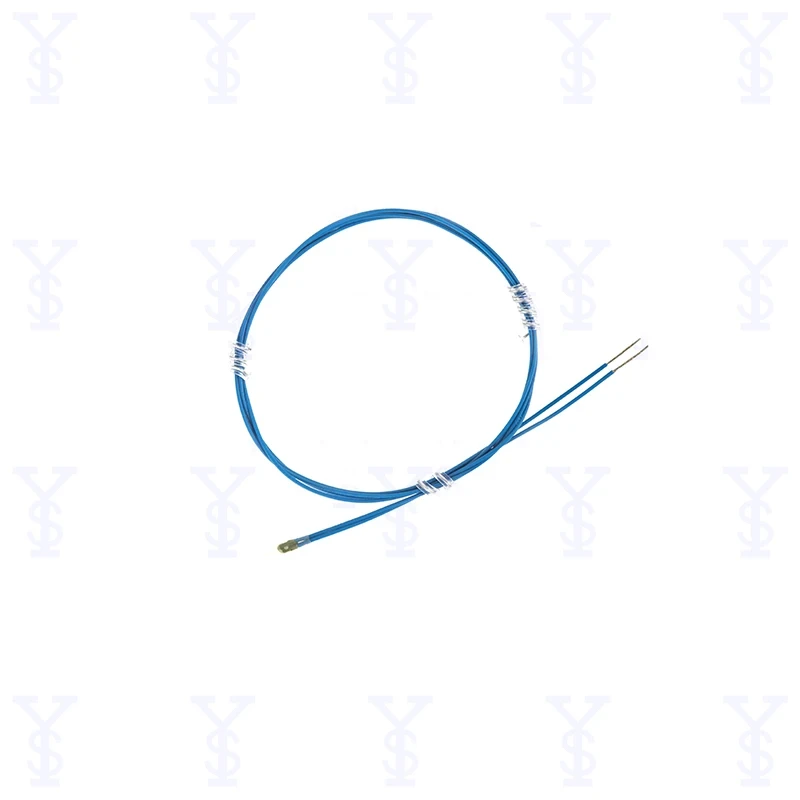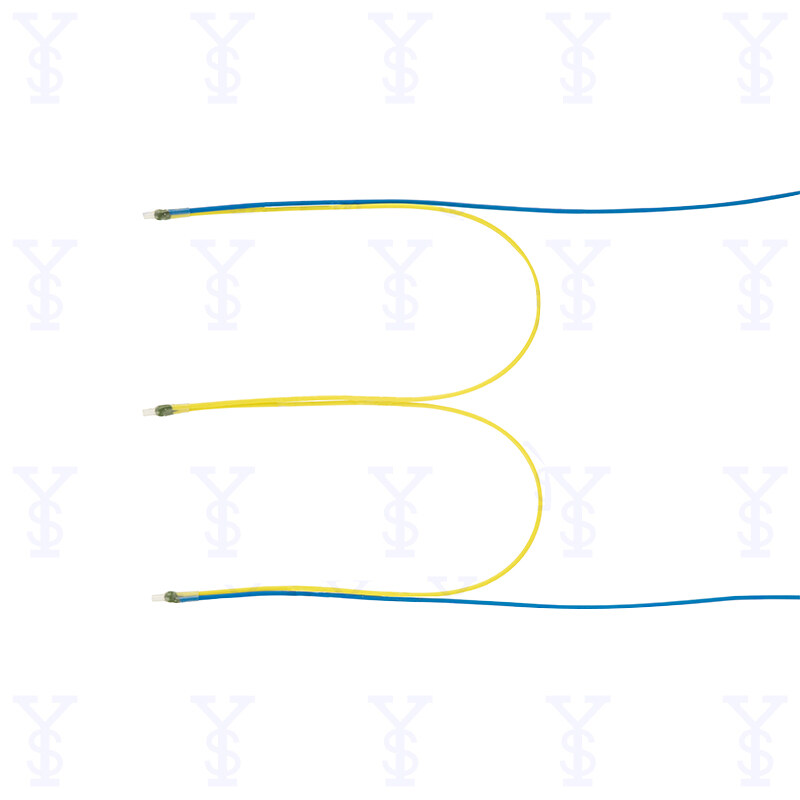ಇಮೇಲ್ ಫಾರ್ಮ್ಯಾಟ್ ದೋಷ
emailCannotEmpty
emailDoesExist
pwdLetterLimtTip
inconsistentPwd
pwdLetterLimtTip
inconsistentPwd


The Frontier of Temperature Sensing - Silicon Diode Cryogenic Sensors
Temperature measurement has seen a significant advancement with the introduction of silicon diode cryogenic temperature sensors, which offer unparalleled precision and reliability. These cutting-edge devices are not only pushing the boundaries of what is measurable but are also redefining the standards of accuracy and stability in extreme low-temperature environments. This blog post will delve into the fascinating world of silicon diode cryogenic temperature sensors, exploring their unique properties, applications, and the pivotal role they play in various scientific and industrial fields.
Understanding Silicon Diode Cryogenic Sensors
At the core of every silicon diode cryogenic temperature sensor lies a silicon diode, a semiconductor device that exhibits a predictable change in its electrical properties with temperature variations. When subjected to cryogenic temperatures, these diodes provide a reliable and accurate means of temperature measurement.
How Do They Work?
The operation of a silicon diode cryogenic sensor is based on the principle that the forward voltage drop across a silicon diode is temperature-dependent. As the temperature decreases, the voltage drop across the diode also decreases in a predictable manner.
Key Features
- High Sensitivity: Silicon diodes exhibit a high sensitivity to temperature changes, making them ideal for cryogenic applications.
- Linear Response: The relationship between temperature and voltage is linear over a wide range, simplifying calibration and data interpretation.
- Robustness: Silicon diodes are robust and can withstand the harsh conditions often associated with cryogenic environments.
Applications of Silicon Diode Cryogenic Sensors
The unique capabilities of silicon diode cryogenic sensors have found them a place in a variety of applications where temperature measurement is critical:
Cryogenic Research
In laboratories where cryogenic temperatures are a common experimental condition, these sensors provide accurate temperature monitoring for a range of studies, from superconductivity to quantum computing.
Space Industry
Spacecraft and satellites often operate in extreme temperature conditions. Silicon diode sensors are used to monitor and maintain optimal temperatures for various components.
Medical Industry
Cryogenic sensors are utilized in medical applications such as cryotherapy and the storage of biological samples, ensuring precise temperature control for optimal outcomes.
Industrial Processes
In industries that involve cryogenic liquids like liquid nitrogen or helium, these sensors are essential for process control, safety, and efficiency.
Advantages Over Traditional Cryogenic Sensors
Silicon diode cryogenic sensors offer several advantages that make them preferable over traditional cryogenic temperature sensors:
Lower Cost
Compared to other cryogenic sensors, silicon diodes are relatively inexpensive, making them a cost-effective solution for temperature monitoring.
Small Size
The compact size of silicon diodes allows for easy integration into various systems and devices without adding bulk or weight.
Fast Response Time
Silicon diodes have a fast response time, providing real-time temperature measurements that are crucial in dynamic environments.
Minimal Maintenance
These sensors require minimal maintenance and are highly reliable, reducing downtime and operational costs.
Technical Considerations
When implementing silicon diode cryogenic sensors, there are several technical considerations to keep in mind:
Calibration
Regular calibration is necessary to ensure the accuracy of the sensor, especially after prolonged use or exposure to extreme conditions.
Environmental Factors
Factors such as humidity, pressure, and electromagnetic interference can affect the performance of the sensor and should be taken into account.
Data Interpretation
Understanding the relationship between voltage and temperature is crucial for accurate data interpretation and decision-making.
The Future of Silicon Diode Cryogenic Sensors
As technology advances, the future of silicon diode cryogenic sensors looks promising:
Enhanced Sensitivity
Future research may lead to the development of silicon diodes with even higher sensitivity, allowing for more precise temperature measurements.
Integration with IoT
The integration of these sensors with the Internet of Things (IoT) could enable remote monitoring and control, further enhancing their utility.
Development of New Materials
The exploration of new materials and manufacturing techniques could lead to the creation of even more robust and efficient cryogenic sensors.
Conclusion: The Vital Role of Silicon Diode Cryogenic Sensors
In conclusion, silicon diode cryogenic sensors play a vital role in a wide range of scientific and industrial applications where temperature measurement is critical. Their high sensitivity, accuracy, and reliability make them an indispensable tool in cryogenic environments. As technology continues to evolve, we can expect these sensors to become even more advanced, offering greater precision and functionality.
The silicon diode cryogenic sensor is not just a device; it's a testament to human ingenuity and the pursuit of knowledge in the face of extreme conditions. As we venture further into the unknown, these sensors will be our reliable companions, guiding us through the coldest reaches of our exploration.

